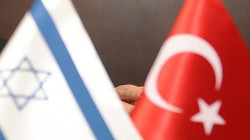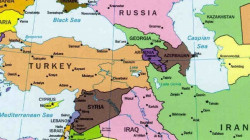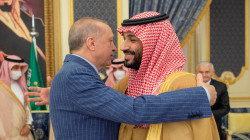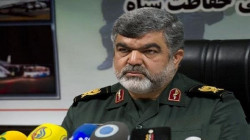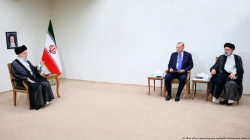Report: Fighter-jet deals could transform the ME biggest militaries for decades
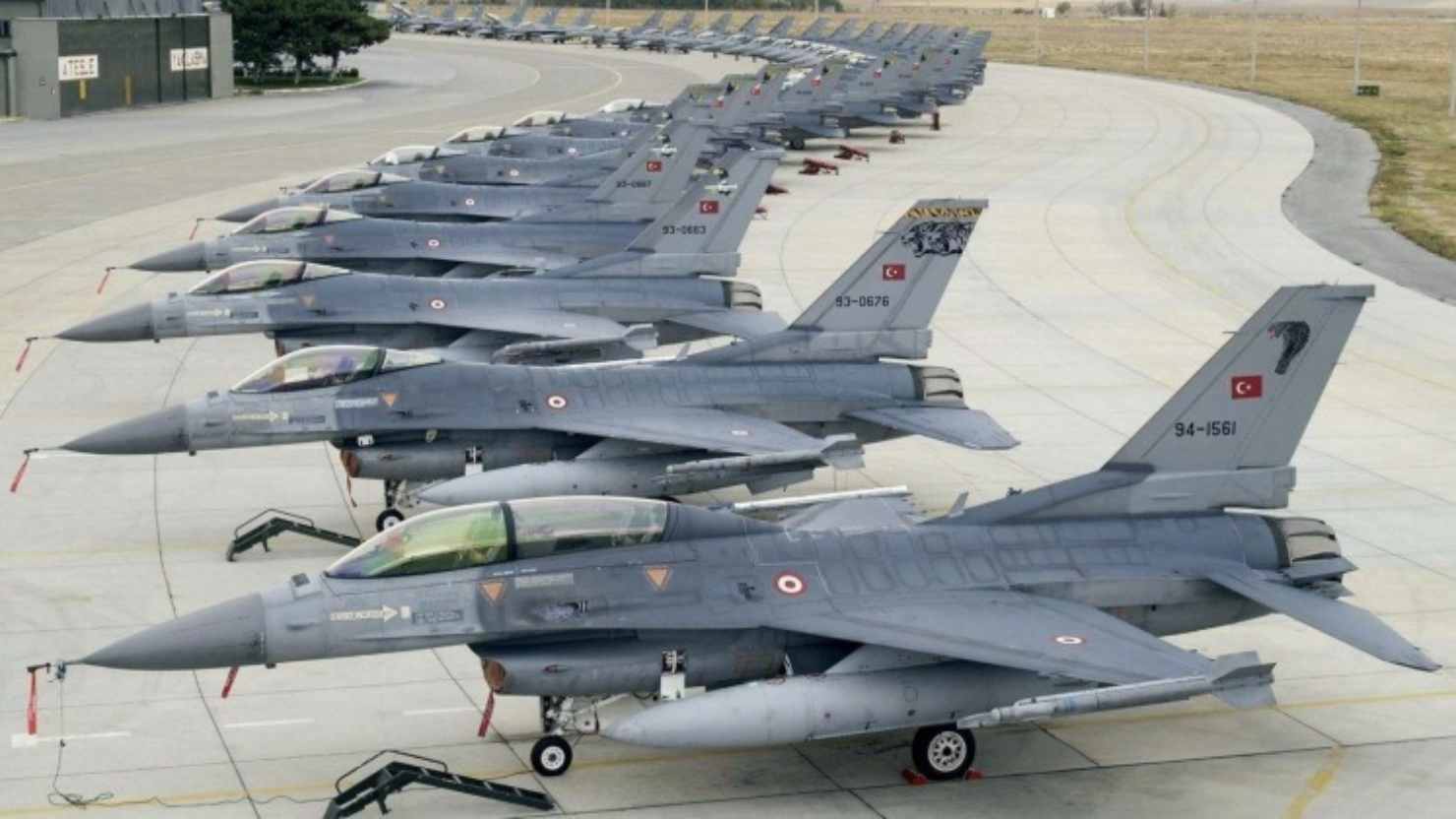
Shafaq News / For decades, Middle Eastern countries have imported advanced fighter jets in large, sometimes record-breaking, numbers.
Saudi Arabia bought 84 F-15SA fighters for $60 billion in 2017 in what was the US's largest foreign arms sale. In 2021, the United Arab Emirates placed a $19 billion order for 80 Dassault Rafales, the largest foreign order Dassault has ever received for the jet.
The region is now home to the world's second, third, and fourth largest F-16s fleets, and Israel has a large and growing fleet of F-35 stealth fighters.
Four looming acquisitions by Turkey, Iraq, Iran, and Egypt show that this trend will not change any time soon. While they won't set any records, the orders could still have a profound impact on their buyers and the region.
Turkey long planned to acquire 100 F-35s to gradually replace its 270 F-16s, which are the backbone of its air force, but the US kicked Ankara out of the F-35 program after it bought Russia's advanced S-400 air-defense system.
Ankara proposed an alternative in 2021 that would give Turkey 40 of the newest F-16 variants, known as the Viper, and 79 modernization kits to upgrade its existing fleet, but that deal faces stiff opposition from US lawmakers.
Ankara has already started upgrading 35 of its oldest F-16s under its Ozgur modernization program, which includes outfitting them with new mission computers and avionics. Turkey also plans to equip these aircraft with its indigenously developed MURAD active-electronically-scanned array (AESA) radar.
Despite the Ozgur program's noteworthy successes, Ankara will likely still need those modernization kits and brand-new F-16s to ensure the bulk of its fleet is up-to-date over the next decade, as it waits to field its indigenously developed fifth-generation fighter, the TF Kaan.
US lawmakers oppose selling Turkey any F-16s, largely due to President Recep Tayyip Erdogan's actions at home, where he has jailed political opponents and muzzled the press, and abroad, where he has targeted the US's Kurdish allies in Syria, threatened Greece, and blocked Sweden's admission into NATO.
Erdogan's reversal on the latter issue on July 10 may break the impasse. The Biden administration said the next day that it intended to move forward with the F-16 sale. Sen. Bob Menendez, the chairman of the Senate Foreign Relations Committee and a vocal opponent to the deal, is in talks with the administration and could soon drop his objections, though he may seek other concessions from Ankara.
If the deal goes ahead, it would be the biggest arms deal since US-Turkey relations began deteriorating a decade ago.
Crucially for Ankara, which hasn't received any new F-16s since 2012, a deal for modern F-16s would give its air force the stopgap it needs until it gets the TF Kaan, although that jet is unlikely to be as advanced as the F-35.
Iran-Russia defense ties have reached new heights following Moscow's attack on Ukraine last year. The war has depleted Russia's arsenals and forced it to seek new suppliers. Iran has in turn delivered drones and ammunition, using civil airliners and ships to transfer the weaponry across the Caspian Sea.
The White House said in December that intelligence indicated that Iran would receive Su-35 Flanker fighter jets from Russia sometime this year. While it's unclear how many will be delivered, it's believed Moscow will start with the two dozen Su-35s it originally built for Egypt.
While the Su-35 is often designated as an advanced fourth-generation fighter — also known as 4.5 or 4+++ generation — like the Rafale, it lacks key features of such aircraft, particularly an AESA radar.
Iran hasn't imported fourth-generation fighters since buying Soviet MiG-29As in 1990. Most of its fighter fleet dates to the pre-1979 period when Iran was a US ally and acquired a large fleet of F-14A Tomcats, becoming the only foreign operator of that iconic jet.
When Iran will receive its factory-fresh Flankers is also unclear. Many contradictory statements have appeared in Iranian media.
In January, a member of the Iranian Parliament's National Security and Foreign Policy Committee expressed optimism that Tehran would receive the jets soon after the Iranian New Year, which fell on March 21. In May, a report claimed the jets would arrive within a week.
Comments by Iranian Defense Minister Mohammed Reza Ashtiani are also telling. On March 6, he was optimistic about the delivery but tempered that optimism on May 28, saying that discussions of the acquisition were "mostly speculations" and that some deals take years to yield deliveries.
Those statements suggest Iranians may come to question what they're getting from their partnership with Russia. The longer it takes those Su-35s to arrive, the more-sided that partnership will look.
Iraq has reportedly been negotiating for 14 Rafales. The deal would be the first time Baghdad has bought fighter jets from France since Saddam Hussein's regime ordered 133 Mirage F1s in the 1970s and 1980s.
In the years since 2003 — during which Iraq's air force has struggled to recover amid the Iraq War and the fight against ISIS — Iraq's most substantial fighter acquisition was undoubtedly its 36 US-made F-16C/Ds, though it also acquired a modest fleet of T-50 training jets from South Korea and Czech-made L-159 subsonic light combat aircraft.
Iraq's first F-16s were delivered in 2015 and became the mainstay of its air force, but within five years chronic maintenance and technical issues put their future into question. Nevertheless, in recent months the jets have become Iraq's premier strike aircraft against the remnants of ISIS — in part because the war in Ukraine has prevented Russia from supplying parts Iraq needs for its Russian-made helicopters.
It's unlikely Iraq wants the Rafale to supplement its larger F-16 fleet in airstrikes against militants on the ground. Baghdad most likely wants the sleek French jet primarily for air defense.
(Business Insider)
